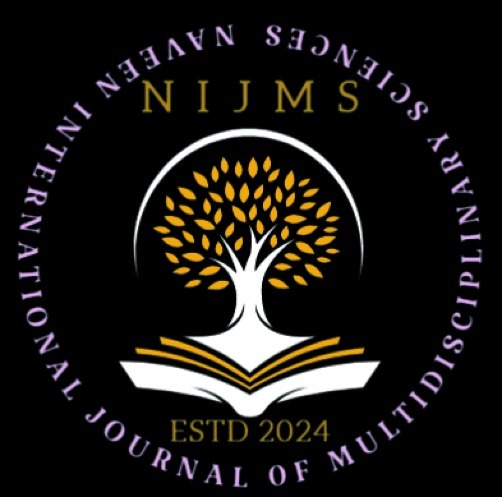Competency-Based Education: A Comparative Study of Traditional vs. Modern Approaches
DOI:
https://doi.org/10.71126/nijms.v2i1.83Abstract
Education in the 21st century is undergoing a paradigm shift from traditional teacher-cantered approaches to competency-based learning frameworks that emphasize mastery of skills, application of knowledge, and learner autonomy. Traditional systems prioritize content delivery, standardized testing, and time-bound progression, whereas competency-based education (CBE) focuses on outcomes, personalized pacing, and skill integration. This study explores the comparative effectiveness of traditional and modern competency-based approaches in terms of pedagogy, assessment, and student outcomes. Using a mixed-methods design, data will be collected from higher secondary and undergraduate students as well as teachers through questionnaires, interviews, and curriculum analysis. Expected findings suggest that while traditional education supports structured learning and discipline, CBE promotes critical thinking, collaboration, and lifelong learning skills. However, challenges such as teacher preparedness, curriculum redesign, and infrastructural gaps remain significant. The paper concludes that a blended model, integrating the strengths of both approaches, is best suited for the Indian context under the reforms of NEP 2020.
Keywords: Competency-Based Education, Traditional Education, Pedagogy, Assessment, NEP 2020, Lifelong Learning.
Downloads
Published
Issue
Section
License
Copyright (c) 2025 Naveen International Journal of Multidisciplinary Sciences (NIJMS)

This work is licensed under a Creative Commons Attribution-NonCommercial 4.0 International License.













